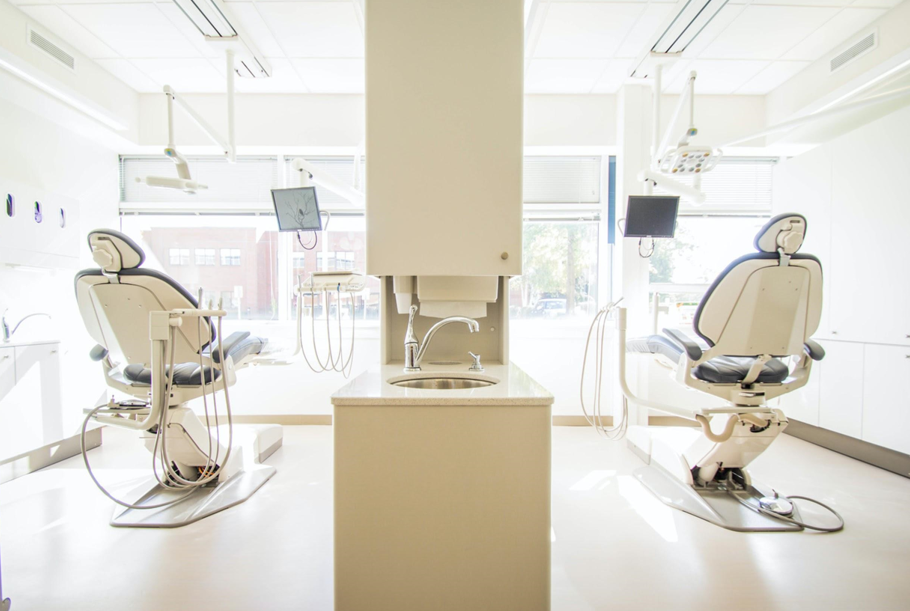Pros and cons of dental implants
Dental implants are a popular, reliable solution for missing teeth. Though implants are not suitable for every patient, they provide many benefits, including stability, longevity, and comfort that can't be beaten by other means of tooth replacement. Dental implants are also cosmetically appealing and are usually better than dentures.

Dental implants require surgery to replace missing teeth, which is not ideal for people who do not want to undergo general anaesthesia or certain medical conditions or allergies that prohibit surgical intervention.
Pros of dental implants
- Dental implants are stable.
One of the biggest advantages linked with dental implants is stability. Dental implants are placed firmly into the jawbone, which means they won't slip, loosen or come out like dentures will. Since dental implants are directly connected to the jawbone, patients benefit from chewing and biting better than those who wear dentures.
- Dental implants improve quality of life.
Dental implant success translates to improved self-esteem and confidence, improving quality of life. Dental implants are comfortable, unlike dentures and other tooth replacement solutions. Discomfort with dentures can be a common complaint from patients who wear them regularly.
- Preserve jawbone and facial symmetry
Teeth are the foundation of facial alignment, and a properly fitting set of teeth will aid in maintaining strong jawbone and facial alignment. When teeth are missing, the jawbone often sags so that the face appears out of proportion, causing discomfort for patients with missing teeth. Preserving jawbone and facial symmetry is especially important for children who can be greatly affected by abnormal appearance when regular tooth loss occurs early.
Cons of dental implants
- Dental implants are expensive.
Dental implants are more expensive than other teeth-replacement solutions. Many patients can't afford to pay the $3,000-$10,000 per implant cost. For this reason, dental implants are usually only a viable option for patients with a high income and good dental coverage.
- Dental implant failure
Dental implant failure can occur during or after surgical procedure and result in either immediate pain or pain at a later time from loose-fitting or failed implants. This makes it necessary to return to your dentist frequently for evaluation and repair. Dental implant failure can result from an inexperienced dental surgeon or poor oral hygiene.
When scheduling dental implant surgery, ensure that your dentist is well qualified to conduct the procedure. Next Smile Ballarat provides a wide range of skilled dental professionals to perform dental implants. Visit their Website for more information on dental implants.
Comments
Post a Comment